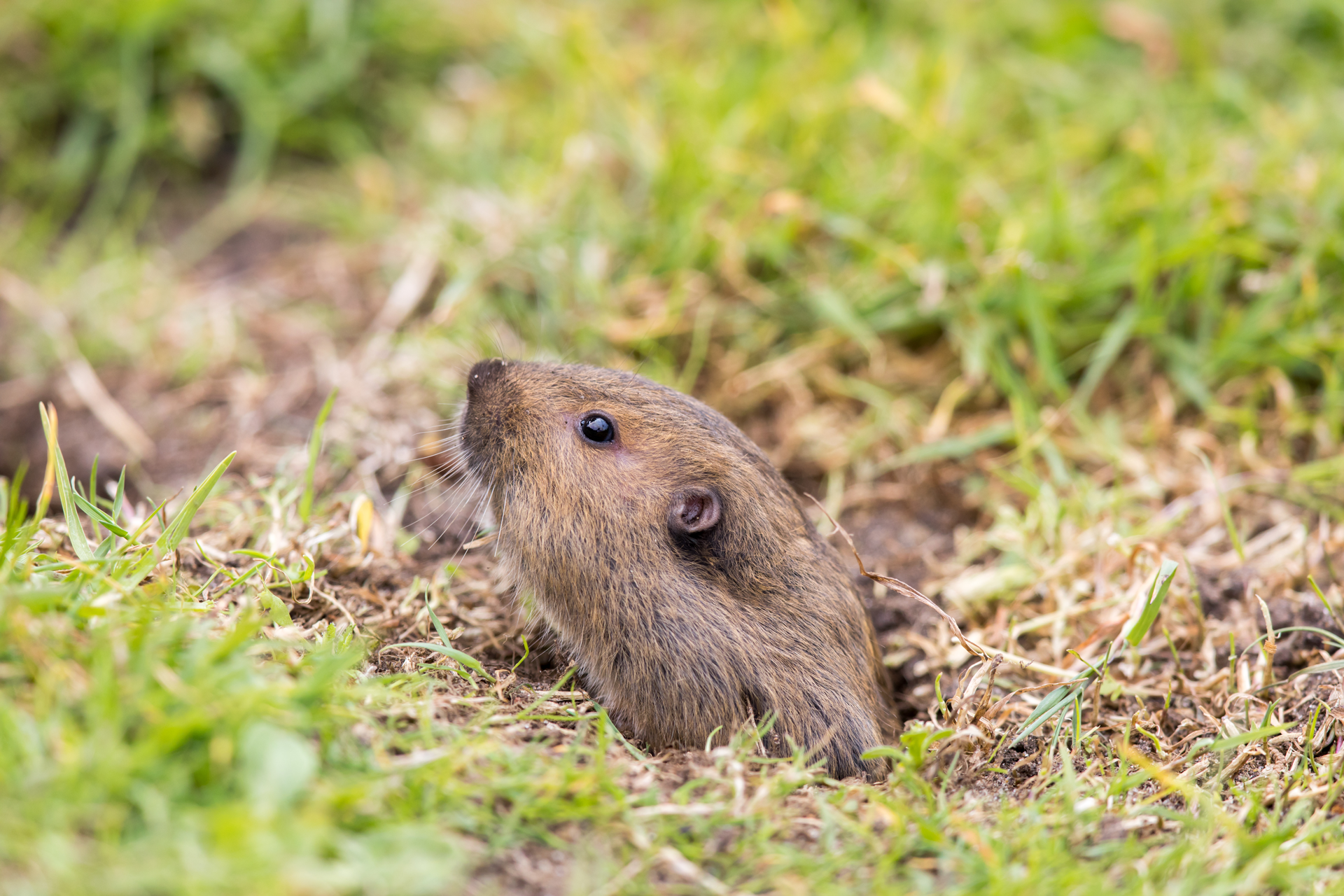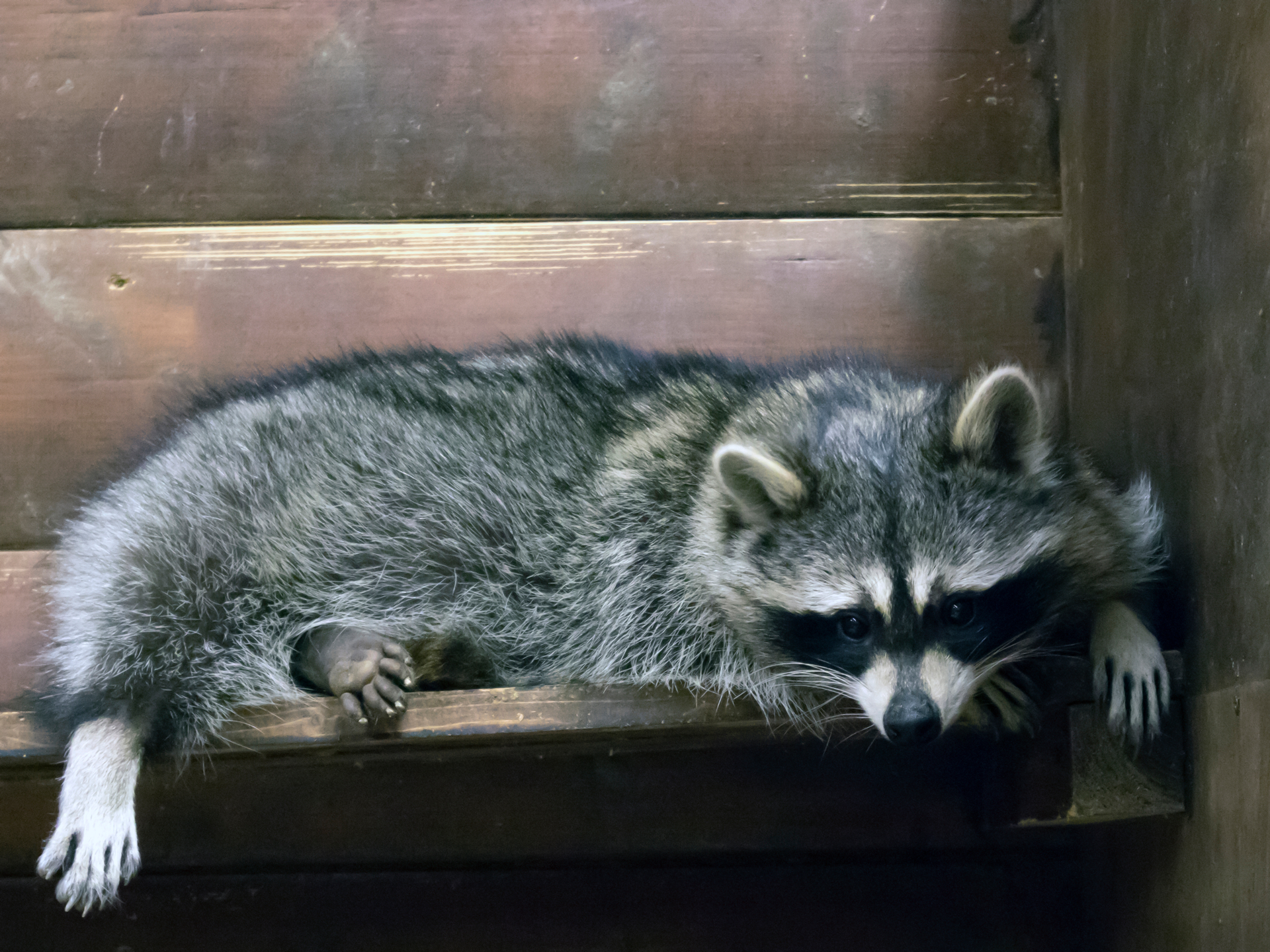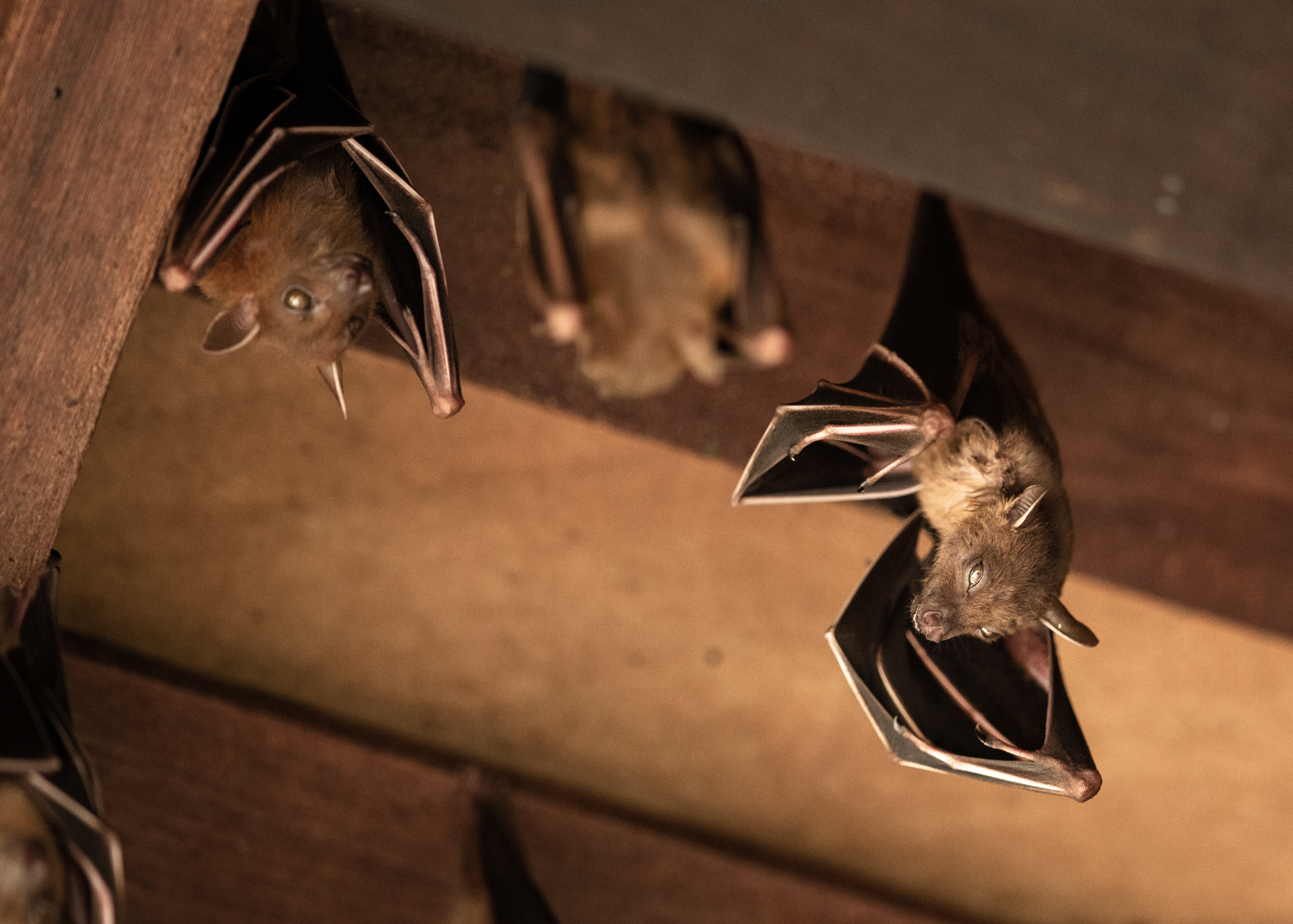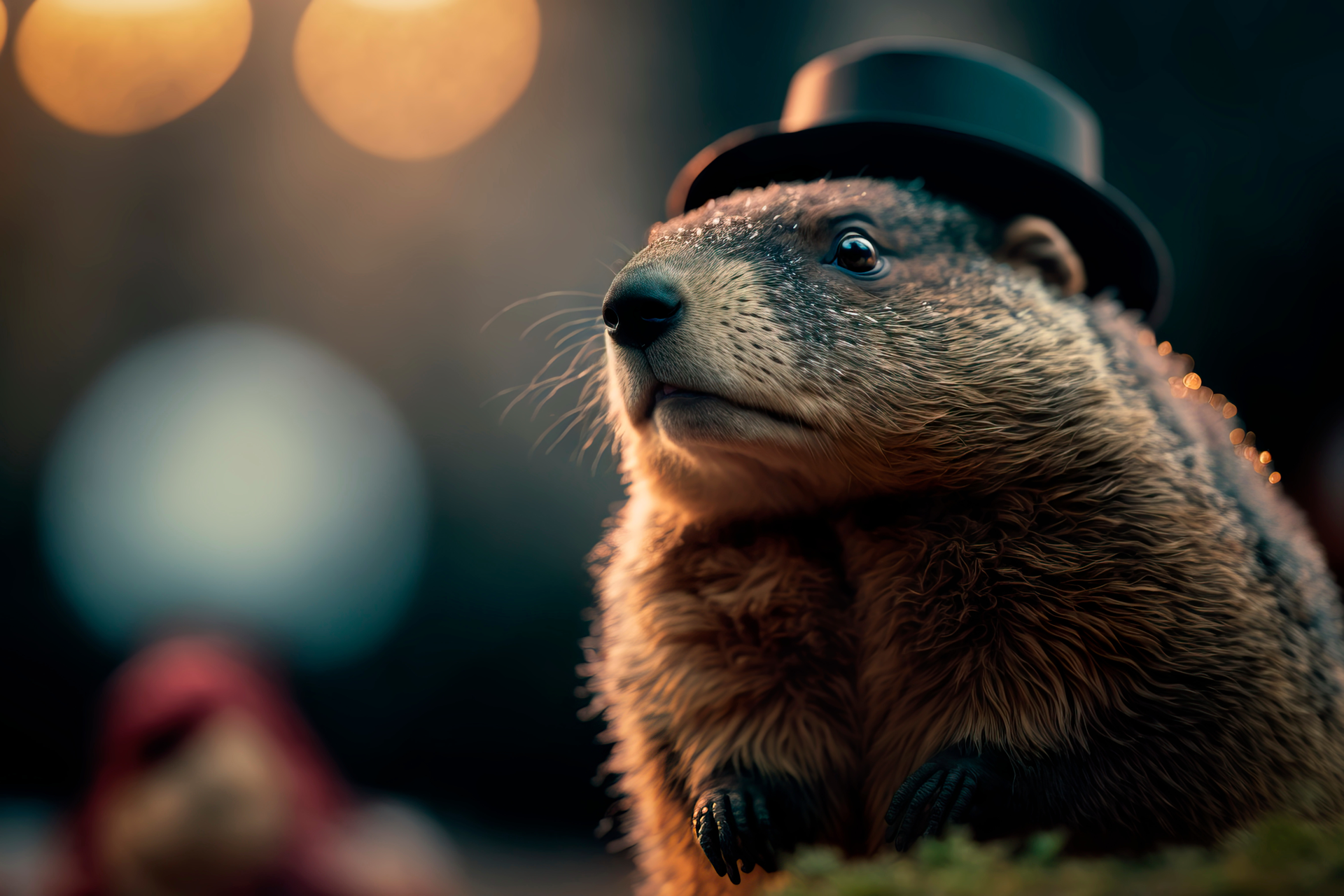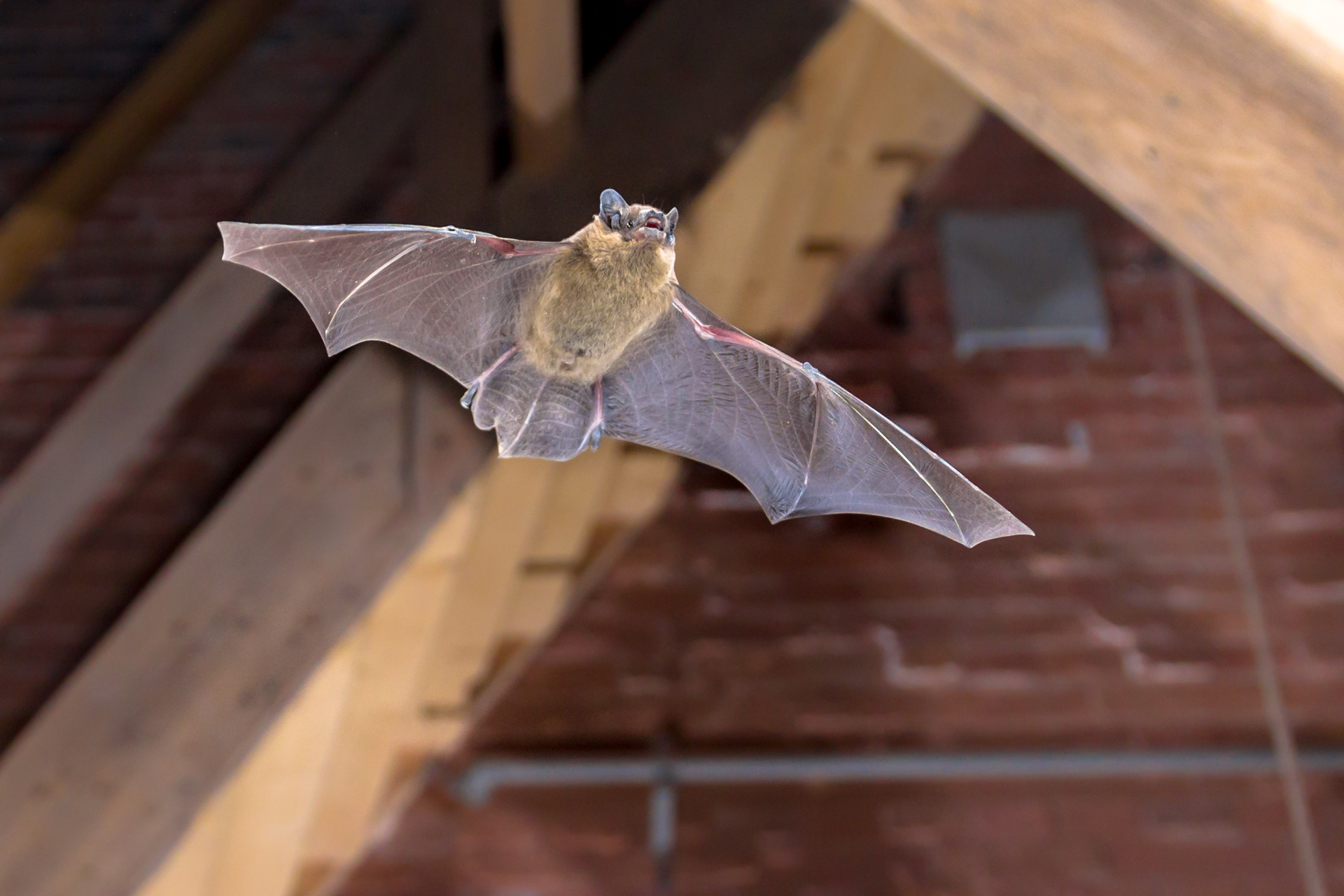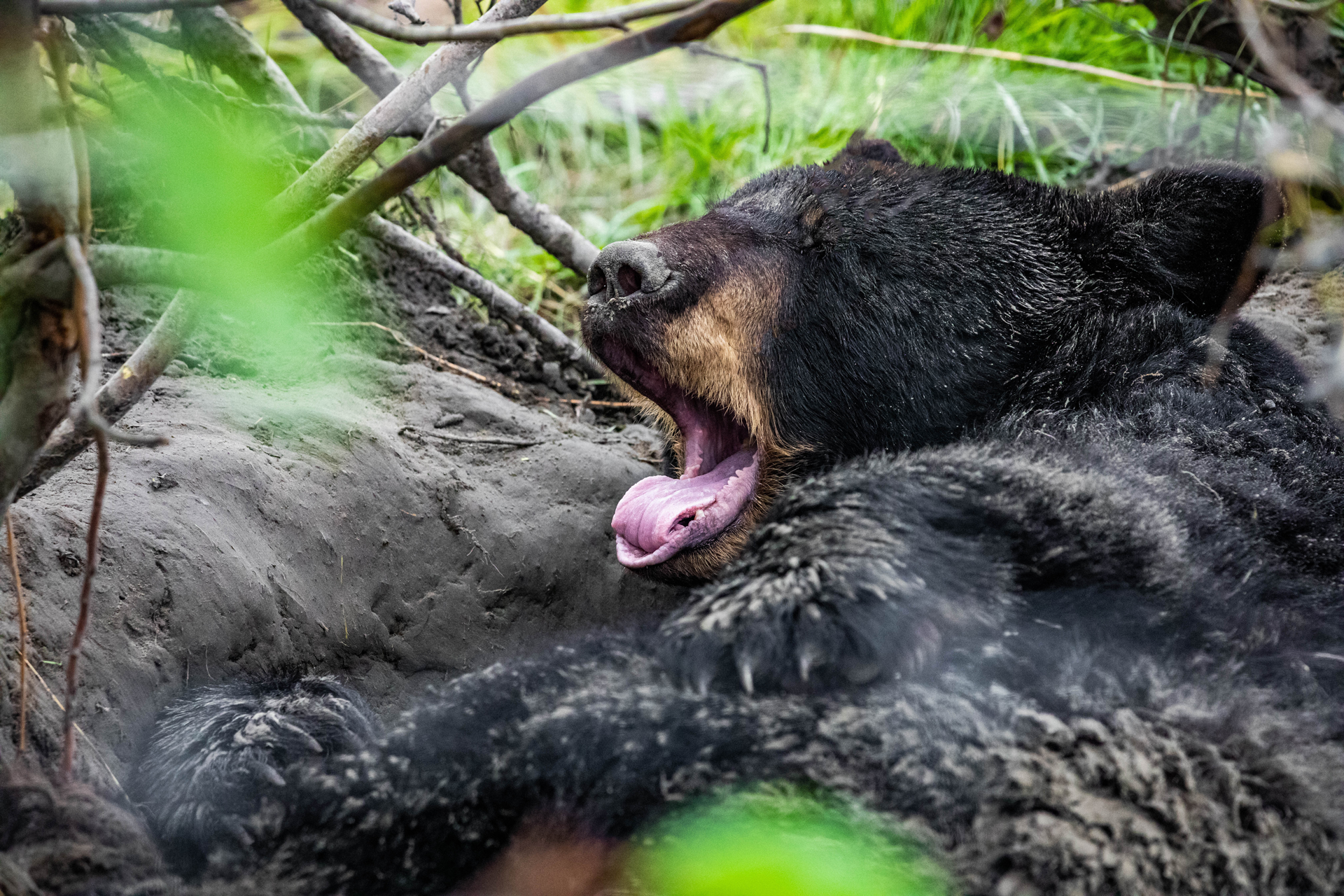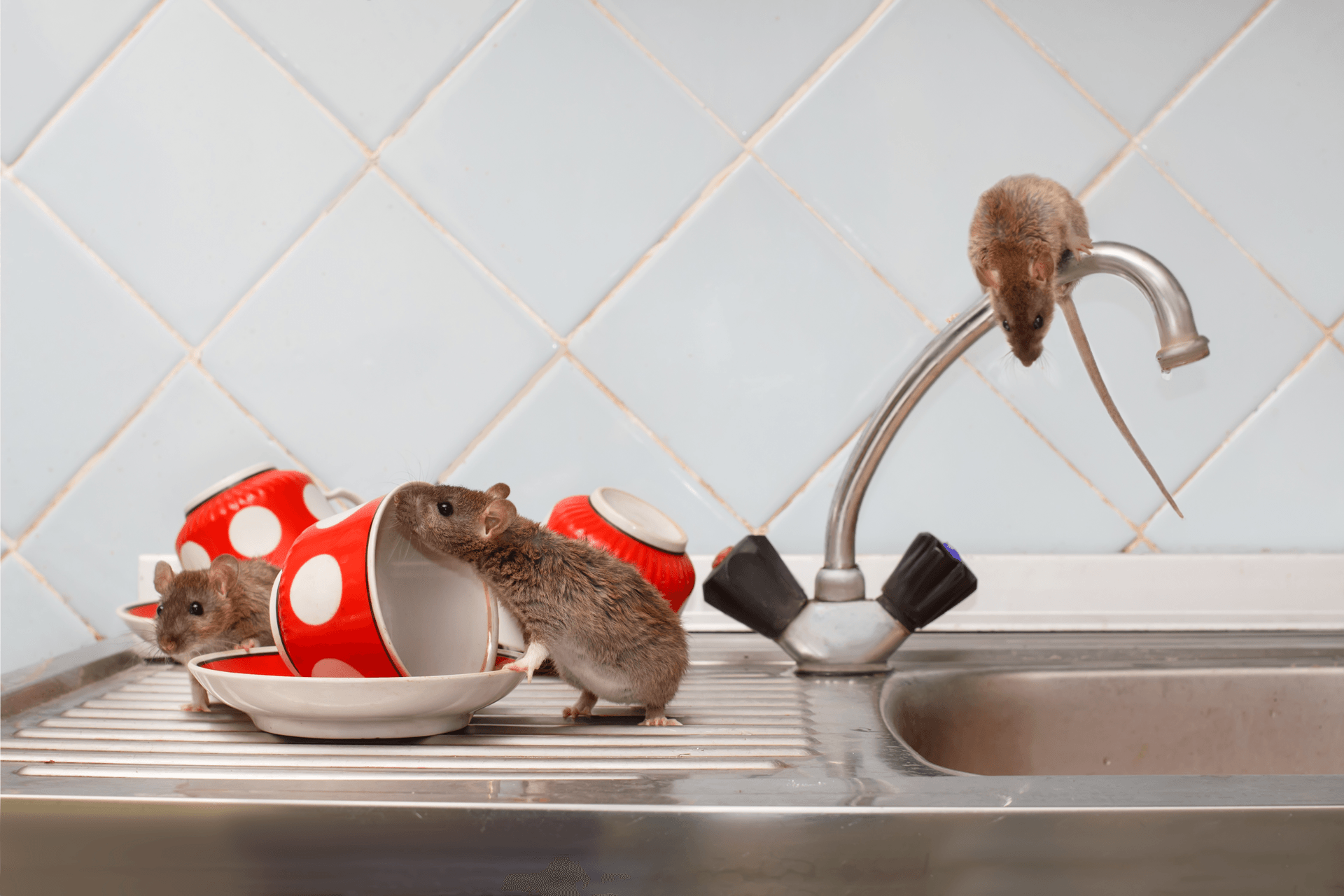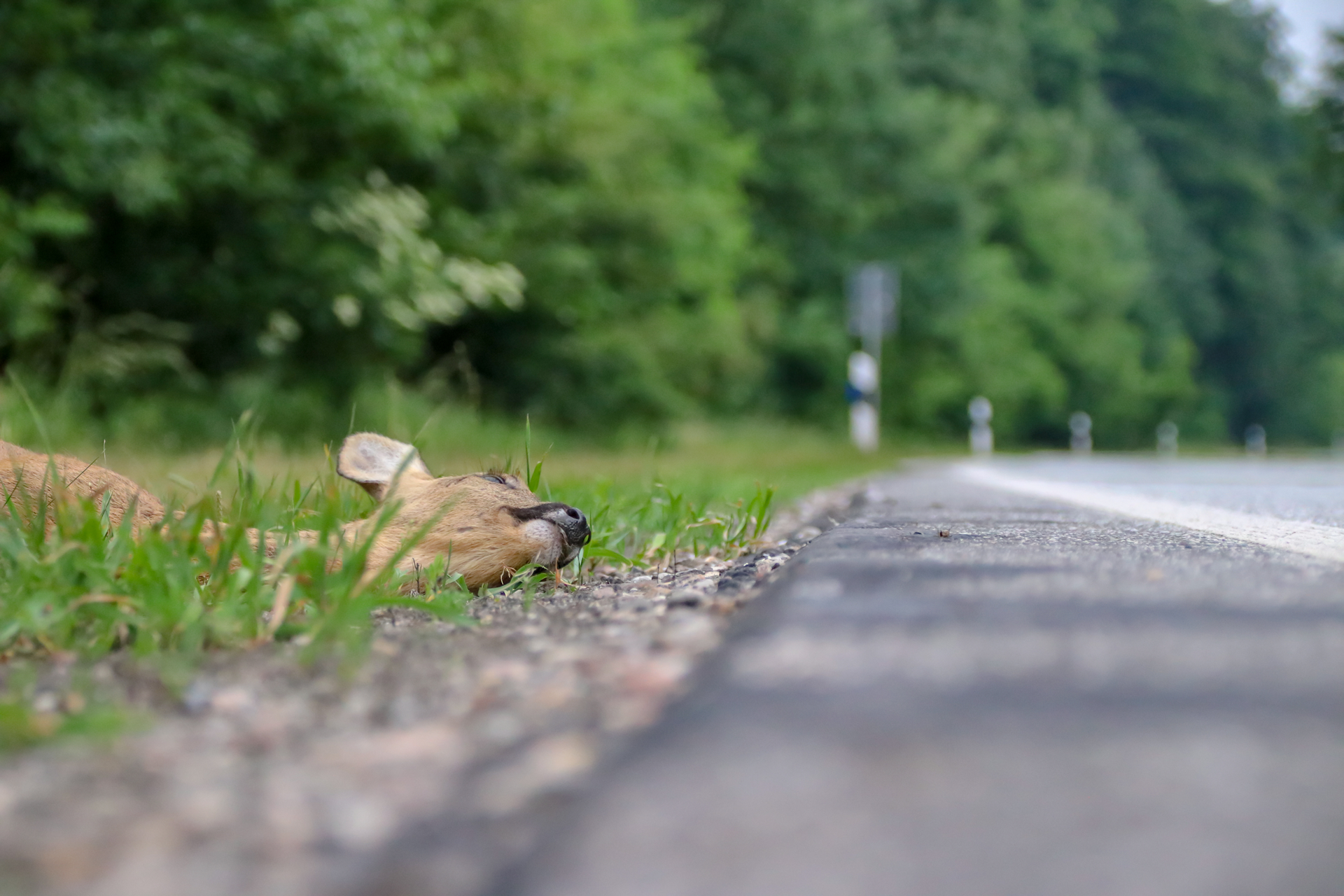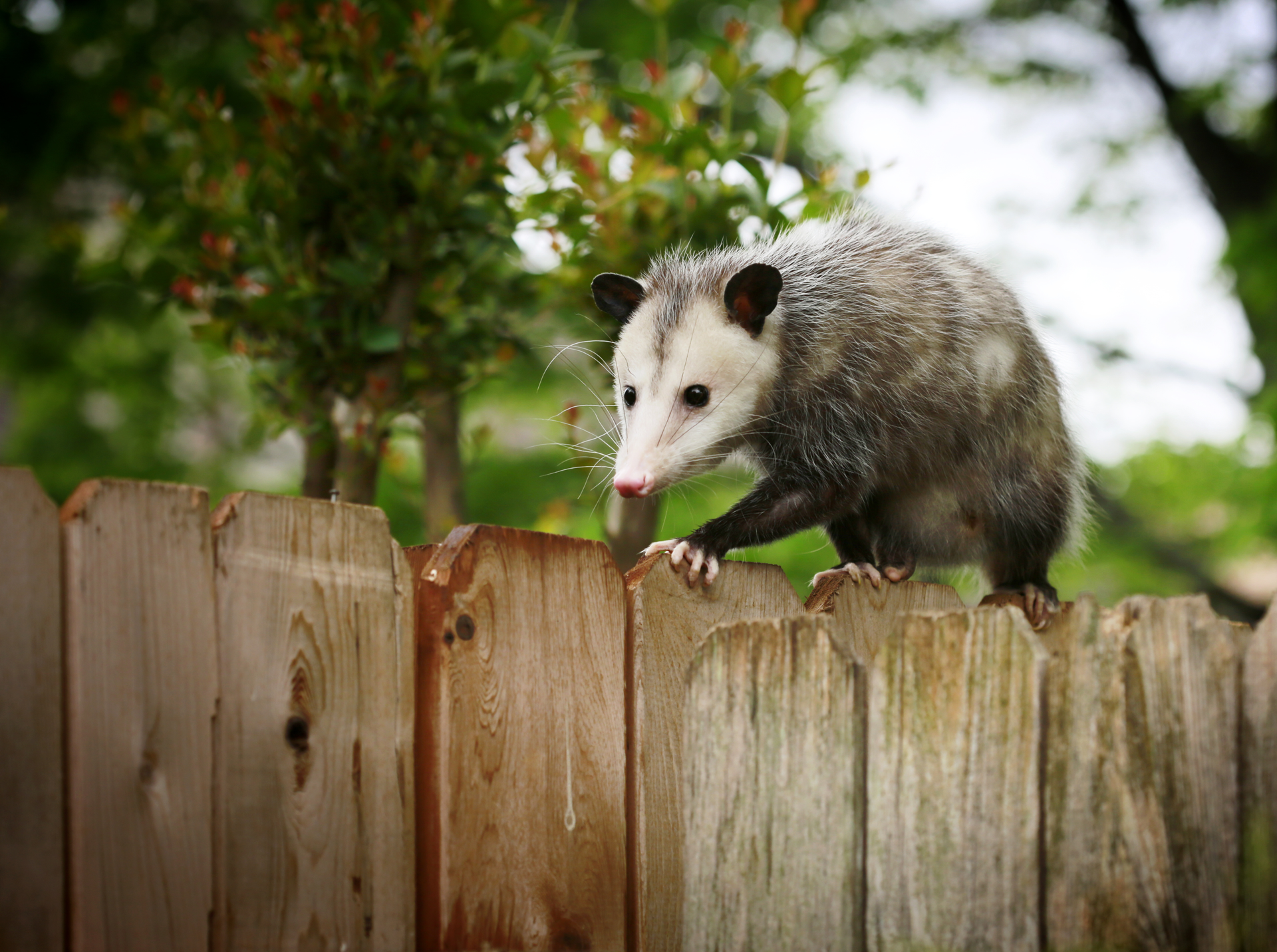Do Opossums Make Good Pets?
Do You Want A Possum As A Pet?
As wild animals, there are plenty of things to appreciate about opossums. For one, they are deceptively clean despite their appearance, grooming themselves frequently like the average housecat. Unlike mammalian pests, they do not carry rabies. Their lower body temperature prevents the virus from surviving. Like rats, they have an excellent memory and have demonstrated impressive problem-solving abilities in lab experiments. There is a lot more to them than meets the eye.
Despite how interesting they may be, and contrary to some popular Facebook memes, they do not make good pets. Eager pet owners claim that opossums can be docile or affectionate. However, just because they may seem harmless does not mean they are less wild than your average raccoon or skunk. There is a big difference between the creature on your lawn and a domesticated animal that has been bred for human contact. As far as pet ownership goes, opossums require specialized care and a high degree of investment when it comes to time and resources. Generally, they do not survive long enough to enjoy whatever quality of life you can give them. They are the very definition of big investment for little reward. More importantly, they find captivity extremely stressful, and keeping them as a pet can be harmful to the animal.
Why They Don’t Make Good Pets
If you thought caring for a cat or dog was expensive or taxing, think again. Regular pets are a breeze to take care of compared to an opossum. They are the opposite of picky eaters in the wild, scarfing down anything they can get their hands on. They’ve been known to scavenge through the garbage and forage through gardens. They feed on invertebrates, rotting fruit, carrion—if you can name it, they’ll eat it. However, replicating their nondiscriminatory diet is exceptionally challenging. If that weren’t bad enough, failing to meet their nutritional needs can have drastic consequences on their health, resulting in permanent disabilities and expensive veterinary treatments.
So, not only is it tough to meet their dietary needs, but it is also crucial that you do so. Now that sounds like a recipe for disaster for even the most experienced pet owners. Even if you somehow manage to provide them with adequate meals, the payoff isn’t particularly rewarding. Or, in this case, long. Opossums are not known for living prolonged healthy lives—quite the opposite. In the wild, their average life span is only three years. They can double that duration when successfully cared for in captivity, but their quality of life remains poor.
Opossums are categorized as an R-selection species. What does that mean? In short, they abide strictly by the motto “live fast die young.” Scientifically, they have a high growth rate and produce many offspring, many of which fail to survive to adulthood. In other words, they age very quickly. If they make it to their first birthday, they can likely suffer from cataracts and obesity. Their immune systems are also extremely weak, making them susceptible to disease. Females, in particular, are prone to genital and urinary tract infections.
Moreover, bringing them up in a domesticated environment doesn’t make them any less wild.
They require a ton of exercise and can be aggressive toward other animals. Though they seem to have an inexplicable relationship of mutual respect with cats, they pose a more significant threat to dogs and can use their sharp teeth to inflict severe injuries.
What To Do If You Find An Opossum
While opossums aren’t particularly dangerous to humans, there are plenty of reasons why you don’t want them sniffing around your property. They can carry numerous parasites and diseases, including tularemia, flea-borne typhus, and leptospirosis, to name a few. Having them around can be dangerous to pets, and though they feast on ticks, they can do more harm by spreading fleas. They can also damage property in attempts to gain shelter or scavenge food.
Though opossums are typically transient creatures, they may continue to revisit a particularly suitable environment. Hungry opossums love to feast on rotten fruit and table scraps. As such, picking up fruit that has fallen from trees and keeping your yard free and clear of leaves and debris can help dissuade them from sticking around. Keep outdoor trash cans covered and never leave pet food out overnight.
Rather than trying to deal with an opossum problem on your own, you can hire a wildlife control professional to remove the opossum from your property. Contact Natural State Wildlife Solutions today for expert wildlife removal and exclusion services in Northwest Arkansas and the River Valley.

